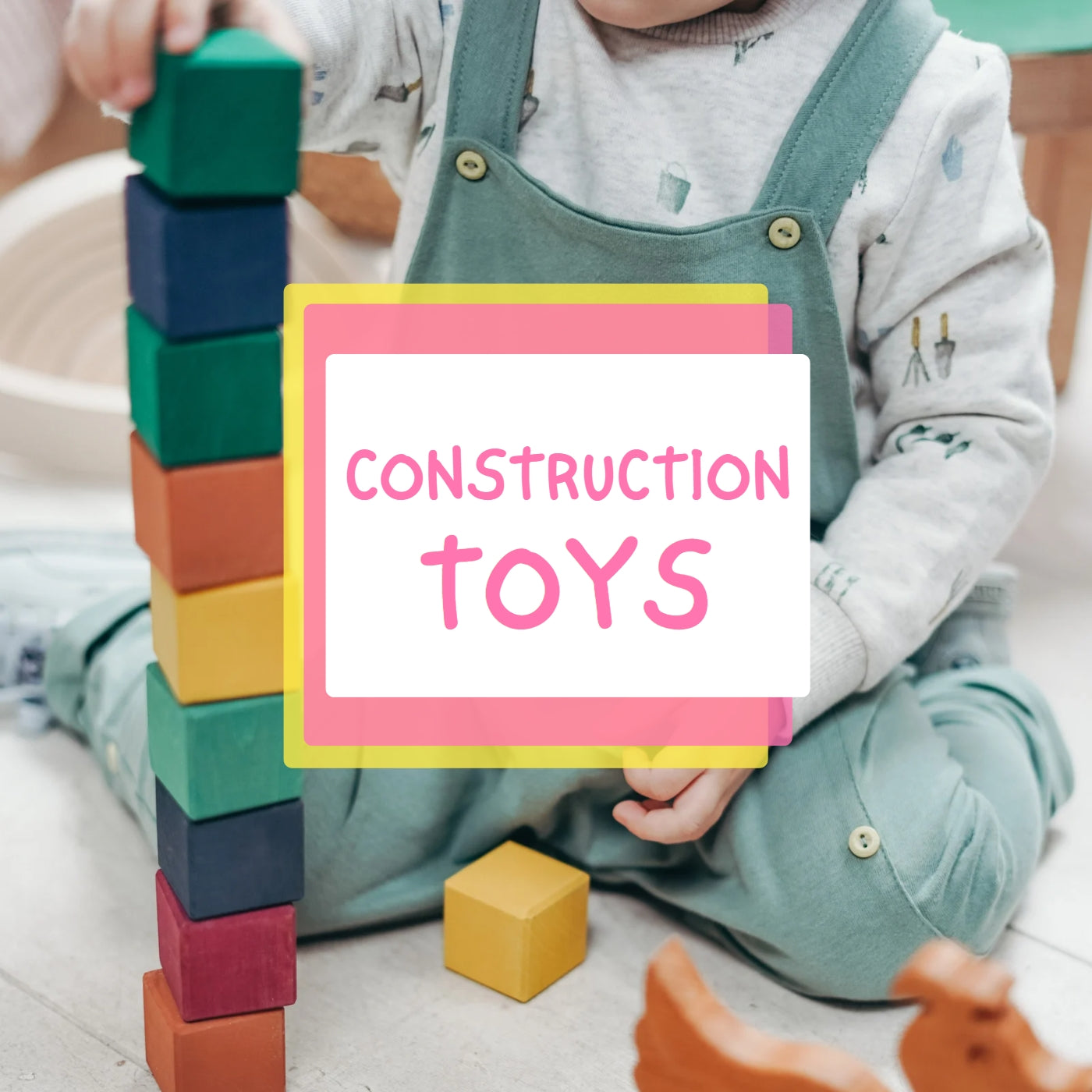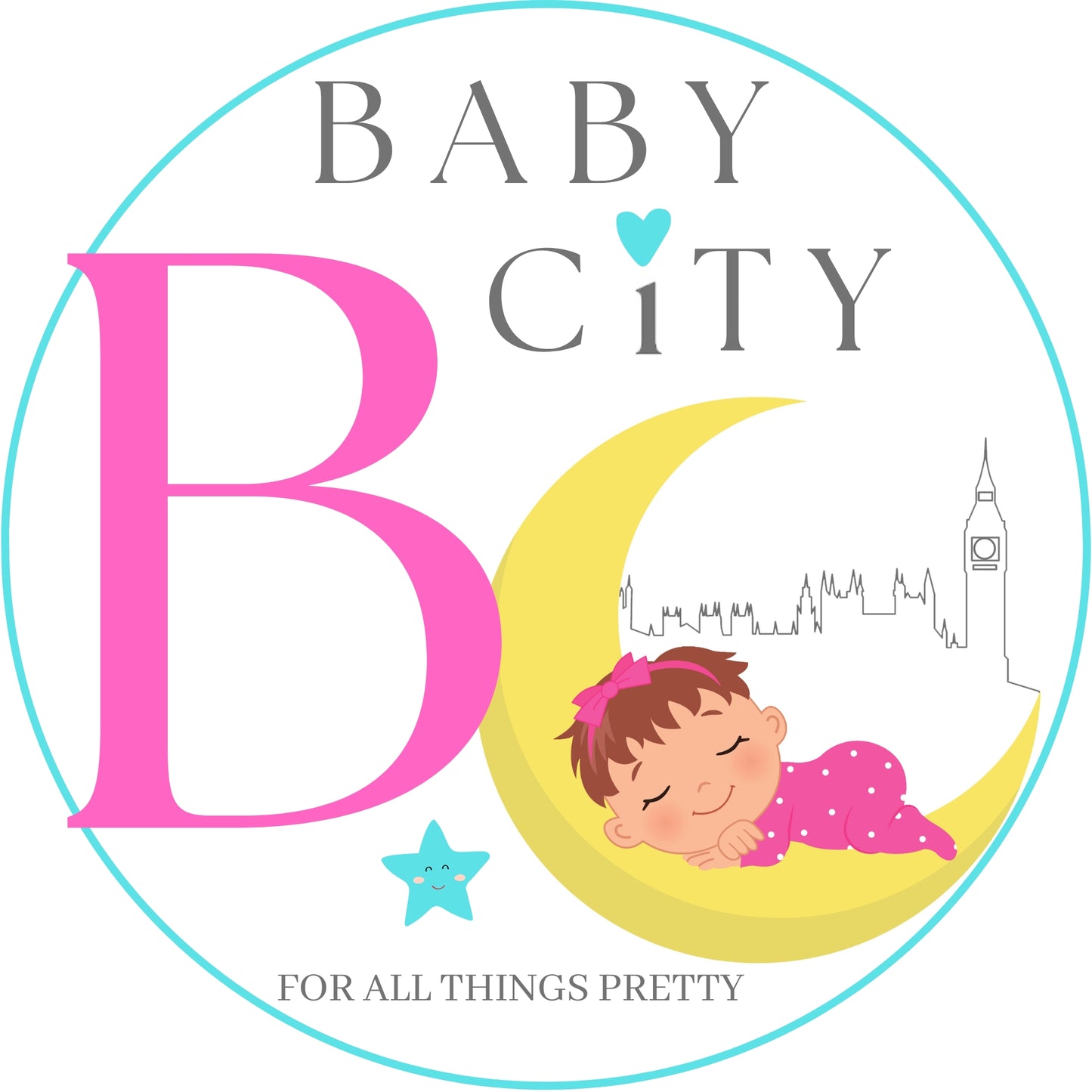
When we think of toys for our children, we often think of things like dolls, action figures, and board games. However, construction toys should not be overlooked. These toys, such as building blocks, legos, and magnetic tiles, offer more than just entertainment for your child. They can be a valuable tool in your child's development. Construction toys help children develop creativity, problem-solving skills, spatial awareness, fine motor skills, and social skills. In this post, we%u2019ll explore the benefits of construction toys in child development, discuss different types of construction toys, and provide tips on how to get the most out of them. So, let's get started on building more than just blocks!
1. Introduction: What are construction toys?
Construction toys are a type of toy that allow children to build their own structures by using blocks or other building materials. These toys come in various shapes and sizes, and can range from simple wooden blocks to complex sets with moving parts and motors. Construction toys have been around for centuries, and have been a staple in children's playrooms for just as long. They allow children to use their imagination and creativity, while also developing important skills such as hand-eye coordination, spatial awareness, and problem-solving.
Not only are construction toys fun, but they also provide a number of benefits for children's development. Research has shown that playing with construction toys can help children develop a range of skills, including:
- Fine motor skills: As children manipulate small blocks and other building materials, they develop the fine motor skills needed for tasks such as writing, drawing, and using utensils.
- Spatial awareness: Building structures requires children to think in three dimensions, which helps them develop spatial awareness and an understanding of how objects fit together.
- Problem-solving: Construction toys provide children with open-ended play opportunities, which encourages them to experiment and find solutions to problems on their own.
- Creativity and imagination: With construction toys, the possibilities are endless. Children can create their own structures and designs, which helps foster creativity and imagination.
- STEM skills: Construction toys often involve concepts related to science, technology, engineering, and math, which helps children develop an interest in these subjects and lays the foundation for future learning.
In short, construction toys are much more than just blocks - they are a valuable tool for children's development and provide a fun and engaging way for children to learn and grow.
2. The benefits of construction toys for child development
Construction toys are an essential aspect of child development as they offer numerous benefits. One of the significant benefits of using construction toys is that they help in developing a child's cognitive skills. Through construction play, children can develop their problem-solving skills, creativity, and logical thinking. They learn to build and construct different structures, which involves planning, executing, and adjusting the plan if needed.
Construction toys also promote physical development as they require children to use their hands to manipulate the blocks or pieces. This helps in developing fine motor skills, hand-eye coordination, and spatial awareness. Children also develop their gross motor skills as they move around and manipulate the larger pieces.
In addition to cognitive and physical development, construction toys also help in developing social and emotional skills. Children learn to work collaboratively and communicate effectively with their peers as they construct together. They also learn to share, take turns, and negotiate, which are essential social skills.
Construction toys can also help in boosting a child's confidence and self-esteem. As they complete a structure, children feel a sense of accomplishment and pride in their work. This can lead to a positive self-image and a desire to take on more challenges.
Overall, construction toys are an excellent way to support a child's development in various areas. They offer a fun and engaging way for children to learn and grow, promoting not only cognitive and physical development but also social and emotional development.
3. Development of fine motor skills
Construction toys offer many benefits to children as they grow and develop. One of the most important benefits is the development of fine motor skills. The use of construction toys requires a child to use their hands and fingers to manipulate small pieces, improving their dexterity and hand-eye coordination. This is especially important for younger children who are still learning how to control their movements and coordinate their actions.
Through the use of construction toys, children can also improve their problem-solving skills. They are required to figure out how pieces fit together and create a cohesive structure. This type of problem-solving helps with critical thinking and can be applied to many other areas of a child's life.
Construction toys also promote creativity and imagination. Children are able to create anything they can imagine with the blocks or pieces provided. This encourages them to think outside the box and come up with unique solutions to problems.
Overall, the development of fine motor skills through the use of construction toys is just one of the many benefits that these toys offer. They promote problem-solving, creativity, and imagination, making them an important part of any child's development.
4. Enhancing creativity and imagination
Construction toys are often considered to be one of the most effective ways to enhance creativity and imagination in children. These toys provide children with countless opportunities to build and create their own unique designs, allowing them to explore and experiment with different shapes, sizes, and colors. This process of building and creating can inspire children to think outside the box, encouraging them to come up with new and innovative ideas.
Moreover, construction toys also encourage children to use their imagination, as they envision different scenarios and storylines for their creations. For instance, a child who is building with blocks might imagine that they are constructing a castle for a princess, or a spaceship to explore a far-off planet. This imaginative play can help children develop important storytelling skills, as well as foster their creativity and innovative thinking.
In addition, construction toys can also help children develop problem-solving skills, as they figure out how to make their designs work and overcome any challenges that they encounter. This can be especially important for children who struggle with traditional academic subjects, as it provides them with a hands-on, engaging way to learn and develop important cognitive skills.
Overall, construction toys are an essential tool for enhancing creativity and imagination in children, providing them with a fun, engaging way to learn and explore the world around them. By encouraging children to build, create, and imagine, these toys can help prepare them for a bright and successful future.
5. Problem-solving skills development
Construction toys are not only fun, but they also help in developing problem-solving skills in children. When children engage in building and constructing with blocks or other construction toys, they are encouraged to think critically and creatively to solve problems. Children are challenged to think about how different pieces fit together and how they can create structures that are stable and balanced. This type of hands-on learning is essential for developing problem-solving skills that can be applied in all areas of life.
Through construction play, children are able to develop their spatial awareness and their ability to visualise objects in three dimensions. This is an important skill that can help them in subjects such as mathematics and science. Children will be able to understand concepts such as geometry and physics better when they can visualise the concepts in their minds.
Furthermore, construction toys can also help to develop fine motor skills and hand-eye coordination as children manipulate the blocks and other pieces. This is important in developing their dexterity and coordination, which can help them in many different areas of their lives.
Overall, the problem-solving skills that children develop through construction play are essential for their growth and development. Engaging in construction play will not only provide hours of fun but also contribute to the development of important skills that will stay with them for years to come.
6. Developing social skills
Construction toys are not only great for building structures and nurturing creativity, but they are also an excellent tool for developing social skills. When children play with construction toys, they often engage in collaborative play, which helps them build important social skills such as communication, cooperation, and problem-solving.
When children create together, they learn how to share ideas, negotiate roles, and work through conflicts. They learn how to take turns and how to listen to others' opinions. They also learn how to work as a team and achieve a common goal, all of which are essential skills for success in school and beyond.
Construction toys can also help children develop empathy and understanding of others. As they work together, they learn to respect each other's ideas and perspectives. They also learn to be patient and supportive, which helps to foster a positive and inclusive environment.
Furthermore, construction toys are a great way to promote teamwork and bonding between siblings and friends. Children can work together on building projects, which helps to strengthen their relationships and build a sense of trust and cooperation.
Overall, construction toys are more than just tools for building structures; they are tools for building social skills and fostering positive relationships. By encouraging collaborative play, children can develop the skills they need to succeed in school and in life.
7. Building confidence and self-esteem
Playing with construction toys can help build a child's confidence and self-esteem. When children play with building blocks or other construction toys, they are given the freedom to create something on their own, without any adult intervention. This allows them to take ownership of their creation and feel a sense of pride and accomplishment when they have finished building it.
As they become more skilled at building, they will become more confident in their abilities, which will translate to other areas of their lives. They will become more willing to take on challenges and try new things, knowing that they have the skills and abilities to succeed.
Construction toys can also help children develop their problem-solving skills. When a child is building with blocks or other construction toys, they are constantly faced with challenges and obstacles that they must overcome. This helps them develop their problem-solving skills and learn how to approach problems in a logical and methodical way.
In addition, building with construction toys can help children develop their spatial reasoning skills. They must learn to visualize what they want to build in their minds and then translate that image into a physical creation. This can be challenging, but with practice, children can become more skilled at it, which will help them in other areas of their lives, such as math and science.
Overall, the benefits of playing with construction toys are numerous. It can help children build confidence and self-esteem, develop problem-solving and spatial reasoning skills, and provide a sense of pride and accomplishment. So, the next time you see a child playing with building blocks or other construction toys, know that they are not just playing %u2013 they are building a foundation for their future success.
8. Tips for choosing the best construction toys for your child
As parents, we want to give our children the best toys that can help them develop and learn new skills. Construction toys are a great way to promote creativity, imagination, and problem-solving abilities in children. With so many options available in the market, choosing the best construction toys for your child can be a daunting task. Here are some tips to help you make the best choice:
1. Age appropriateness: It's important to choose construction toys that match your child's age and developmental stage. Toys that are too advanced may frustrate your child, while toys that are too simple may not challenge them enough.
2. Quality and durability: Look for toys that are made from high-quality materials and are durable enough to withstand rough play. Construction toys are often subjected to a lot of wear and tear, so it's important to invest in ones that will last.
3. Safety: Safety should always be a top priority when choosing toys for your child. Make sure the construction toys you select are free from any choking hazards and are made from non-toxic materials.
4. Variety: Select a variety of construction toys that offer different types of building experiences, such as blocks, magnetic tiles, and gears. This will help your child develop diverse skills and keep them engaged in play.
5. Interactivity: Look for construction toys that encourage interaction and collaboration, such as sets that can be used with multiple children or toys that can be combined to create larger structures.
By keeping in mind these tips, you can make an informed decision when choosing the best construction toys for your child that will help them develop their cognitive, social, and motor skills in a fun and engaging way.
9. Age-appropriate construction toys for every stage of child development
As children grow, their needs and interests change drastically. So does their ability to handle different types of toys. It's important to choose age-appropriate construction toys to ensure that your child's development is on track.
For infants and toddlers, it's best to choose soft and colorful blocks or stackable toys that can be easily grasped. These types of toys help with developing hand-eye coordination and fine motor skills.
Preschool-aged children can handle more complex toys such as building sets, interlocking blocks, and magnetic tiles. These toys help in developing problem-solving skills, spatial awareness, and creativity.
Elementary-aged children can handle even more complex construction toys such as architectural sets, robotics, and engineering sets. These toys help in developing critical thinking, logical reasoning and problem-solving skills.
It's important to note that age is just a number and children develop at different rates. Therefore, it's important to observe your child's interests and abilities and choose construction toys that best suit them.
Construction toys are not only great for development but also provide hours of fun and entertainment. So, next time you're looking for a toy that does more than just entertain, consider getting a construction toy that can help your child grow and develop in countless ways.
10. Conclusion: The enduring importance of construction toys in childhood development.
In conclusion, we cannot overstate the importance of construction toys in childhood development. From building fine motor skills and spatial awareness to promoting creativity and problem-solving, these toys offer numerous benefits that cannot be found in other types of play.
Through construction play, children are able to explore their imaginations, develop their cognitive abilities, and hone their problem-solving skills in a fun and interactive way. Moreover, the social and emotional benefits of construction play are immense, with children learning how to work collaboratively, communicate effectively, and build relationships with their peers.
As we have seen, construction toys are not just about building blocks, but about building a strong foundation for lifelong learning and development. By investing in these toys and encouraging children to play with them regularly, we can help to foster a love of learning and a lifelong passion for creativity and innovation. So, whether you are a parent, caregiver, or educator, we encourage you to consider the enduring importance of construction play in childhood development and to provide children with the tools and resources they need to succeed.

